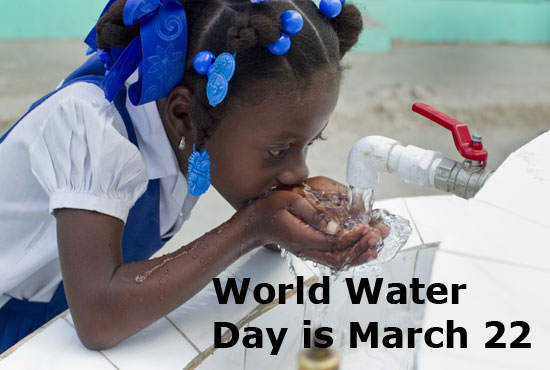Rotary clubs have water projects on tap

The International H2O Collaboration, an alliance between Rotary International and USAID, is a centerpiece of Rotary’s emphasis on water and sanitation issues. Launched in 2009, the alliance works to implement long-term, sustainable water, sanitation, and hygiene projects in the developing world. The first phase of the partnership has focused on three countries: Ghana, the Philippines, and the Dominican Republic.
In 2011, The Rotary Foundation also established a strategic partnership with UNESCO-IHE, a United Nations institute in The Netherlands that is the world’s largest postgraduate water education facility. The Foundation will provide grants to Rotary clubs and districts to select and sponsor eight students each year for scholarships leading to master’s degrees in specified program areas.
Collaboration is key if Rotary is to help the world achieve the water and sanitation improvements called for in the United Nations Millennium Development Goals, said Ron Denham, chair of the Water and Sanitation Rotarian Action Group and a member of the Rotary-USAID Steering Committee.
“We realize that the challenge of meeting the development goals is something that no organization can achieve on its own,” Denham said. “Not even Rotary, with its 34,000 clubs and over 1.2 million members. To be successful we need leverage, the leverage that comes from collaboration with others who share our goals.”
To draw attention to the need for action, the United Nations has designated 22 March as World Water Day. Each year since 1993, it has selected a different theme. This year’s summit addresses the connection between hunger and water resources. The number of people in the world living in chronic hunger puts an additional strain on the supply of water. Learn more about World Water Day events.
